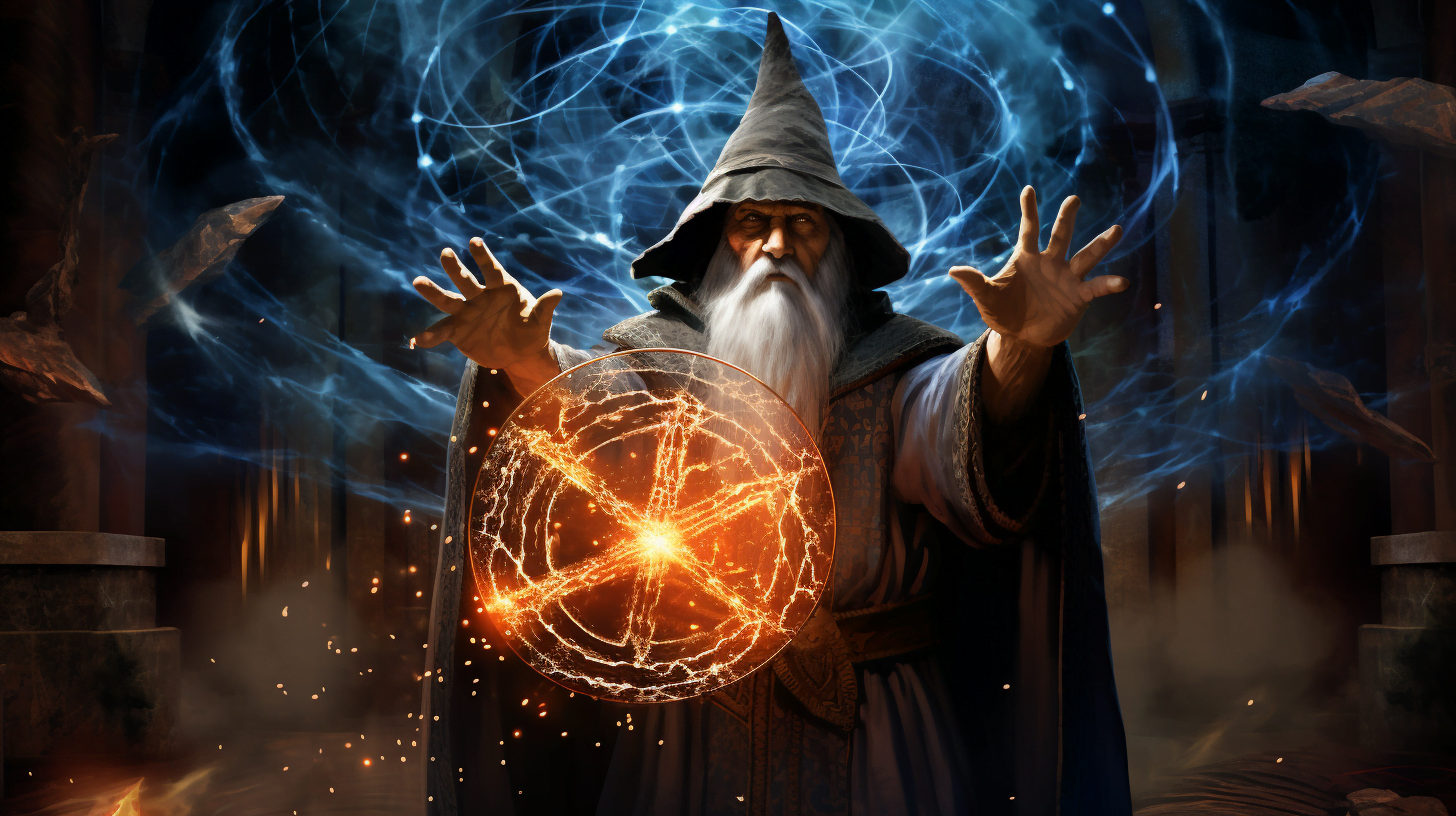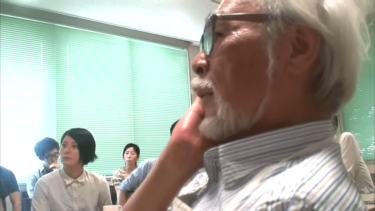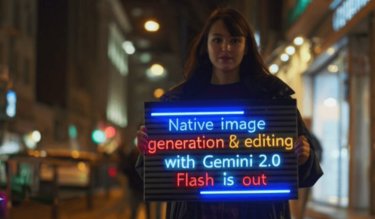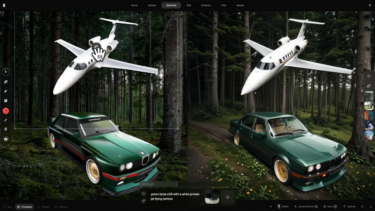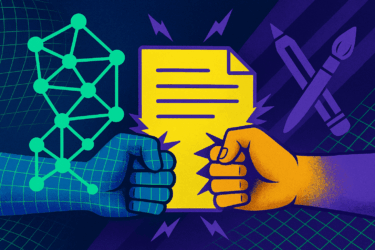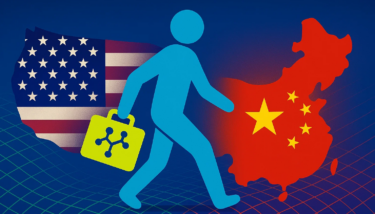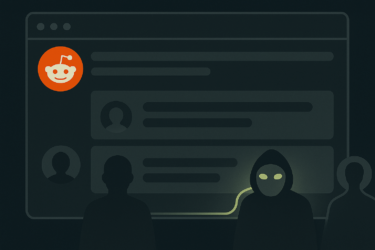AI-generated images appear in an official Dungeons & Dragons book. Role-playing game publisher Wizards of the Coast doesn't like it.
Ilya Shkipin, an artist who works for Dungeons & Dragons, took to Twitter aka "X" to address speculation that his art was created using AI. He acknowledged that he used AI to improve his own designs, but did not generate them from scratch. At the time the images were submitted, the AI generators weren't good enough.
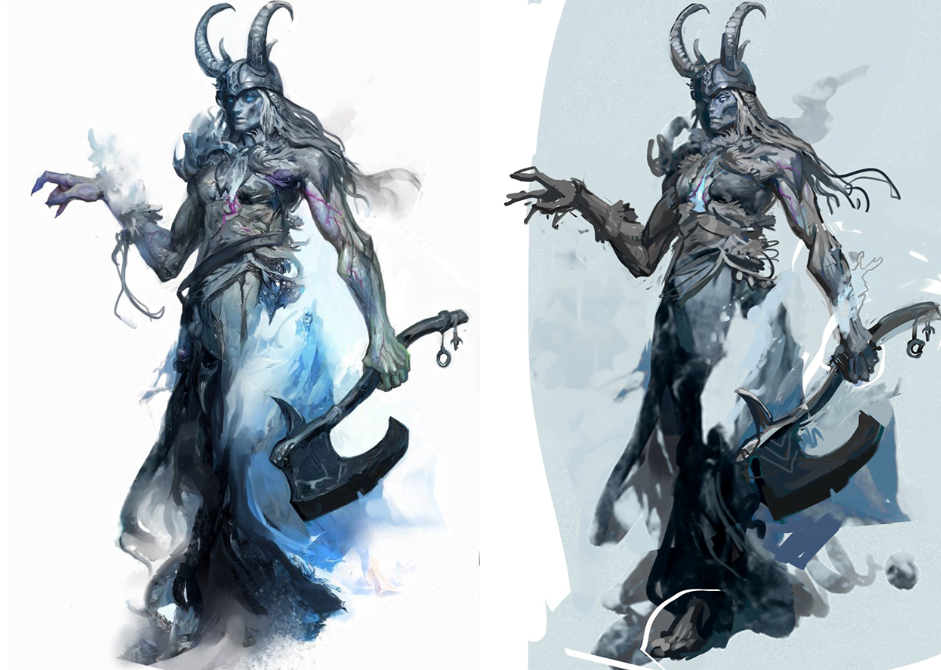
Even this moderate use of an AI tool caused such a stir in the design community, some of which is very sensitive to AI art, that Ilya Shkipin decided to delete his posts. Gizmodo was able to save them as a screenshot.
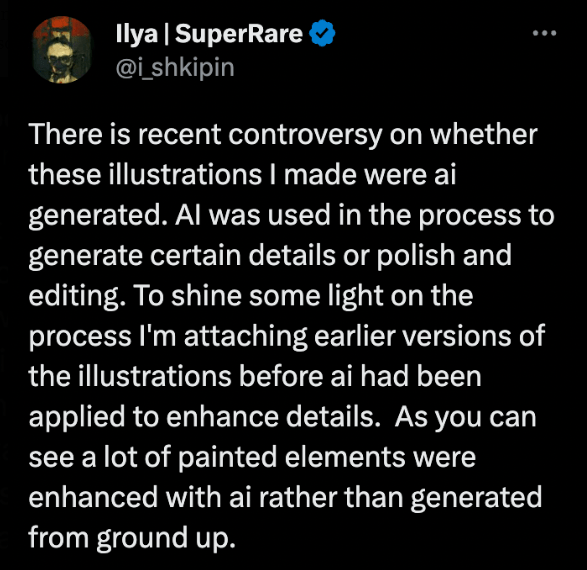
D&D company bans AI generation
The D&D company Wizards of the Coast, owned by Hasbro, reacted with a short statement on Twitter: Shkipin is a long-time D&D artist and the company was not aware that he was using AI tools.
After a conversation, they agreed that Shkipin would not use AI tools in the future. The drawings in question will be reworked.
Wizards of the Coast also plans to revise its own guidelines to make it clear to artists that they must refrain from using "AI generation as part of their art creation process."
On AI-generated art and Bigby Presents: Glory of the Giants: pic.twitter.com/q6oXRRITk9
— D&D Beyond (@DnDBeyond) August 5, 2023
Whether this maneuver is sustainable in the age of AI art remains to be seen. Strategically, it may make sense, at least in the short term: Wizards of the Coast is using the Dungeons & Dragons brand to sell art whose value, at least until now, has been determined by the handiwork of talented humans and marketing.
AI tools threaten to turn this art into a widely available commodity (see my cover image), available to anyone at any time. The question is whether, despite or perhaps because of this AI banalization, people will continue to place a value, maybe even a special value, on human-created art. Wizards of the Coast certainly seems to speculate that they will.
